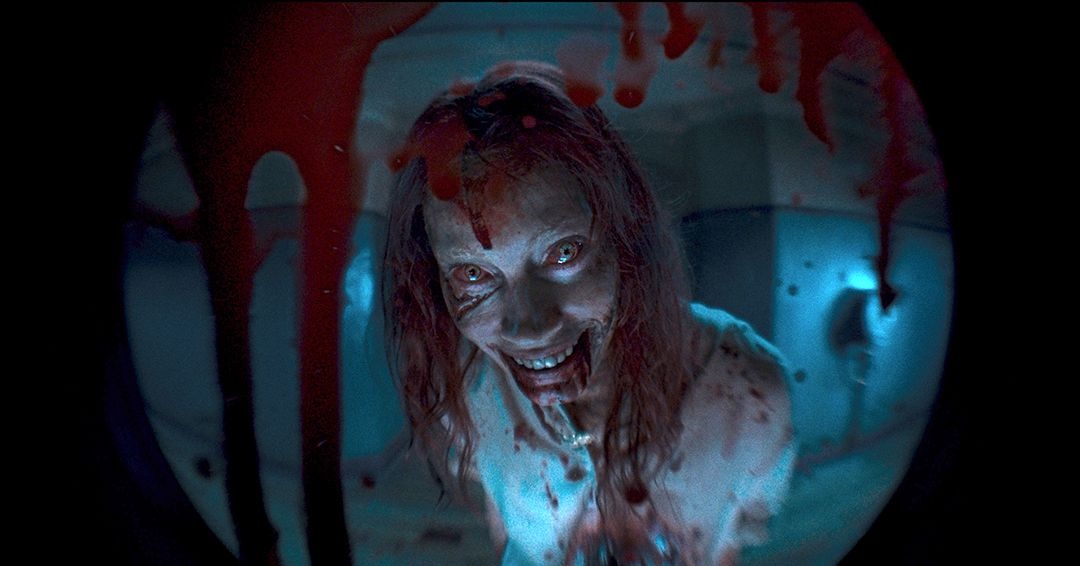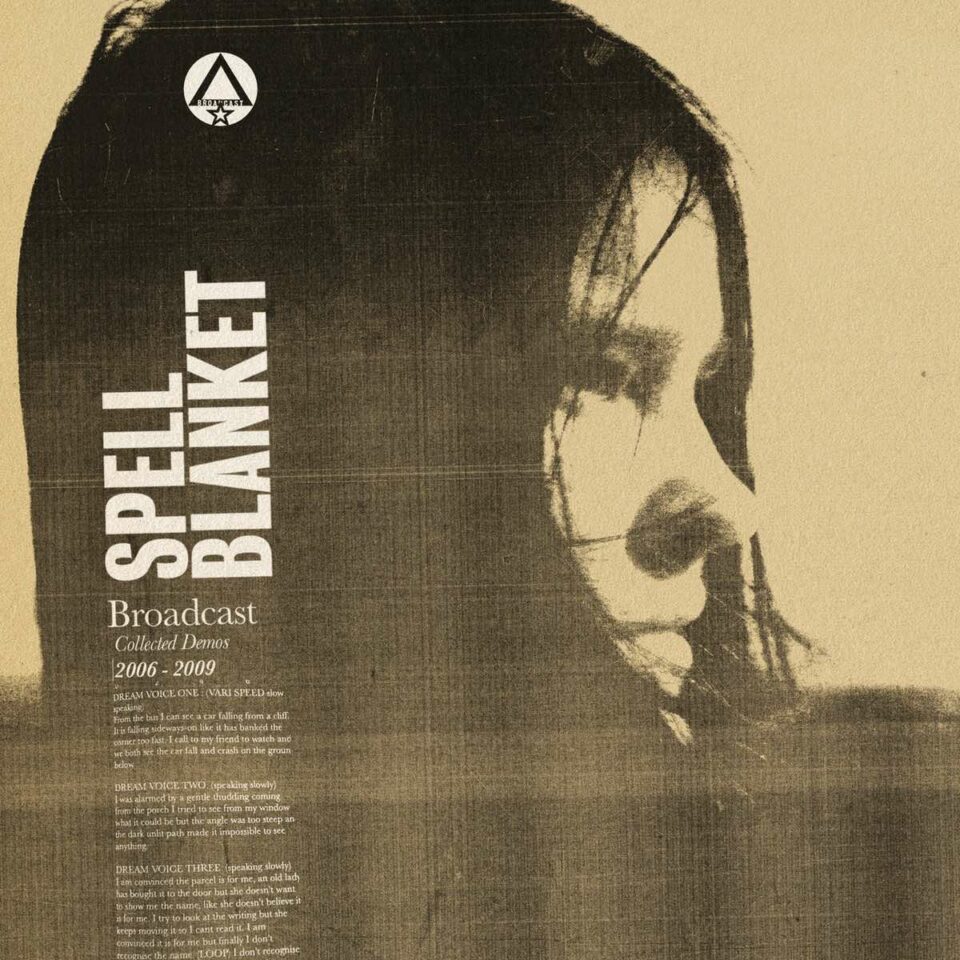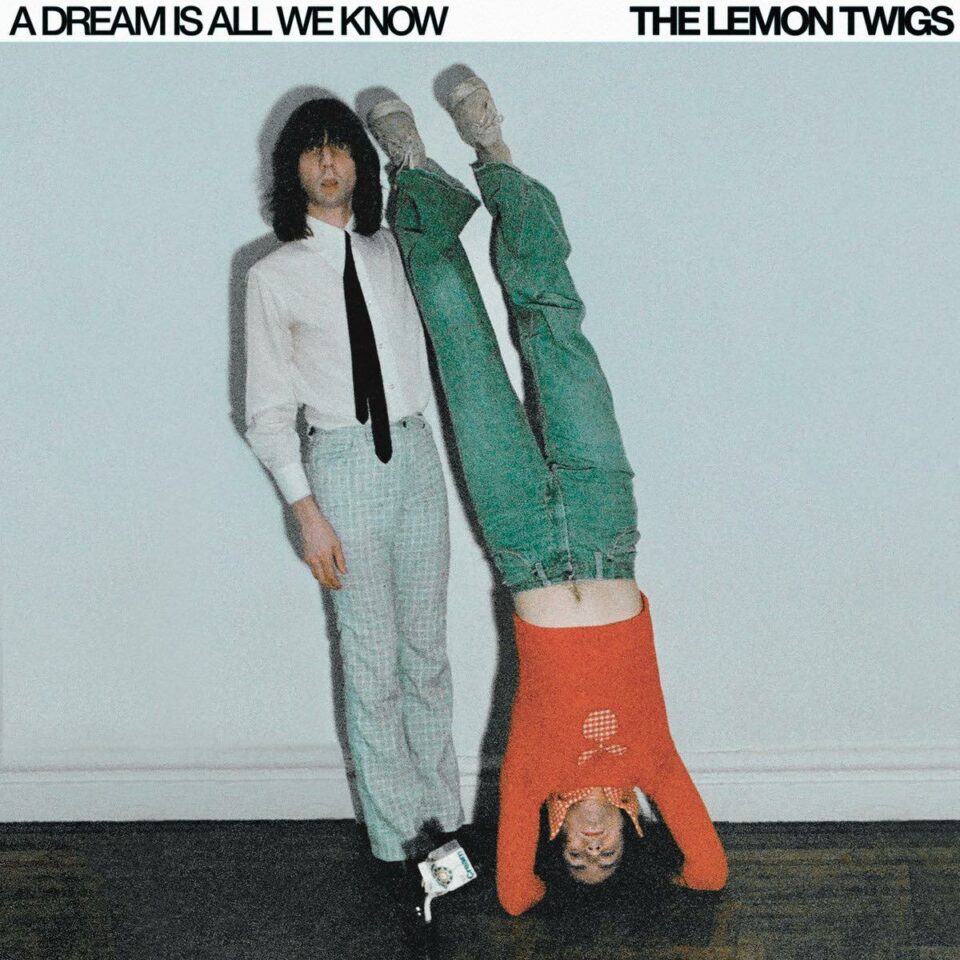In the late-’70s, a cadre of ambitious young film freaks set off into the dark depths of the woods, into an endless enmeshment of gnarled branches and twisted trunks blotting out the sun, and piles of dead and desiccated leaves like dead bodies littering a battlefield, to make a movie. With little money but plenty of passion, the group, led by neophyte director Sam Raimi, employed a panoply of crafty techniques to create one of horror’s enduring classics: The Evil Dead, the story of a gaggle of young friends who decide to spend a weekend at a dilapidated, desolate cabin ensconced in the thick tangle of trees and find, tucked away in the creepy basement filled with all kinds of strange stuff, a book bound in flesh and scrawled in blood and an eerie recording of a man reciting spells that summon malicious spirits. Soon, they’re stabbing and biting and chopping each other up with axes.
With the film ultimately released in 1981, Raimi and company crafted some of American cinema’s most frugally ferocious moments, with formal eccentricities that bely the minuscule budget and lack of experience among the cast and crew and a deranged sense of humor that resembles nothing else (except, of course, for Raimi’s subsequent films). The movie came out at the zenith of an era of creative dormancy in American horror, when the theaters were colonized by a ceaseless procession of mute madmen in masks stabbing hot young teens monotonously for 90 minutes. The Evil Dead resists the easy allure of convention; it’s a work of demented love, the barmy spawn of people passionate about B-grade cinema.
The film introduces us to the great Bruce Campbell as Ash Williams, whose persona here is a mix of cockiness and charm. The aplomb with which he depicts this numbnuts reluctantly thrust into the role of hero bumbling around with more chin than brains is still nascent in the original film—more innocent, not particularly manly as he tries to drudge up the mettle to survive the night. But he would soon blossom and become one of American horror’s most beloved characters. In The Evil Dead II (a remake-cum-sequel made six years later with a bigger budget, unrepentant audacity, and pure cartoonish lunacy), Army of Darkness (which cast Ash back to the Middle Ages with his Oldsmobile and his boomstick), and Ash vs Evil Dead (which used CGI to achieve the same silly-gory results that Raimi got with primordial practical effects), he’s a Marx Bros. parody of an alpha male.
Raimi is again taking a chance here, tapping Lee Cronin, whose previous feature, The Hole in the Ground, was adequate yet uninspired. But inspiration is what defines this series.
Alas, we could have used Ash in Evil Dead Rise, a droll, drab, self-serious work which Raimi and Campbell executive-produced. It’s much more like Fede Alvarez’s 2013 remake of the original film, which polarized fans with its visceral violence and utter eschewing of humor, than the Raimi/Campbell events. Raimi took a chance on Alvarez who had, up to that point, been known only for a shoestring five-minute short about robots made with cheap-but-impressive effects—after all, Raimi’s debut was the lovechild of fervor and frugality. It worked (even if not everyone was pleased), and it stands as maybe the only decent film to emerge from the torture porn era of horror. Raimi is again taking a chance here, tapping Lee Cronin, whose previous feature, The Hole in the Ground, was adequate yet uninspired. But inspiration is what defines this series.
The story, like the first film and the remake, is simple enough: people get butchered by demons. Guitar technician/rock groupie Beth (Lily Sullivan) accidentally gets pregnant and goes to her sister, Ellie (Alyssa Sutherland), a nurturing single mother of three with ebony ink adorning her arms, to seek solace. Beth is the screw-up and Ellie the stable one. Ellie and her kids—Danny (Morgan Davies), a peroxide-blond aspiring DJ who likes James Murphy, Bridget (Gabrielle Echols), and Kassie (Nell Fisher)—share a cramped, admirably not-that-slovenly place in a dilapidated building doomed to destruction in a month.
Ellie tries to not appear unnerved by this, though she admits she doesn’t know where they’ll live. When an earthquake, or something like it, ravages the building and unearths an old bank vault buried in stygian darkness under the garage, Danny climbs down, finds a familiar old book (the Necronomicon and its victims reminds me of old anthology shows like Friday the 13th: The Series, with all different normal-Joe folks inadvertently suffering the supernatural powers of seemingly innocent items) and some vinyl LPs (how hip), and exhumes these cryptic treasures. Curiosity always kills the kids. Being an aspiring DJ, he spins the records (backwards, obviously), and a voice—desperate, dogged, delirious, demented, despondent—conjures demons that promptly possess poor Ellie as she’s on her way to do laundry. Soon, the battered bodies are littering the building.
Cronin occasionally shows a flash of creativity (I counted at least four split-diopter shots, a couple not too bad, and one scene is gazed through the distortion of a peep hole), though the film has that now-obligatory darkness smothering every room of the apartment, as if the bulb in the projector is dying. Competence isn’t enough, especially when you’re following in the wake of someone as singular as Sam Raimi, who always knows how to use a crash-zoom, a pan, a pull, a push, or when to hang a composition crooked. His films, even the ones about the undead, are alive; Cronin’s is thuddingly, repetitiously violent, which pretty quickly loses its effect. This wasn’t the case with the unrelenting remake, which had a spark of creativity to its savagery. The effects in Rise are good, and the whole thing is, as they say, well-made. But save for the actually pretty-awesome title shot, Evil Dead Rise has no unique identity—no soul to swallow. FL









